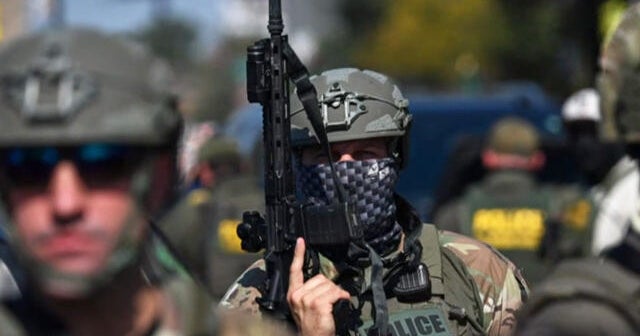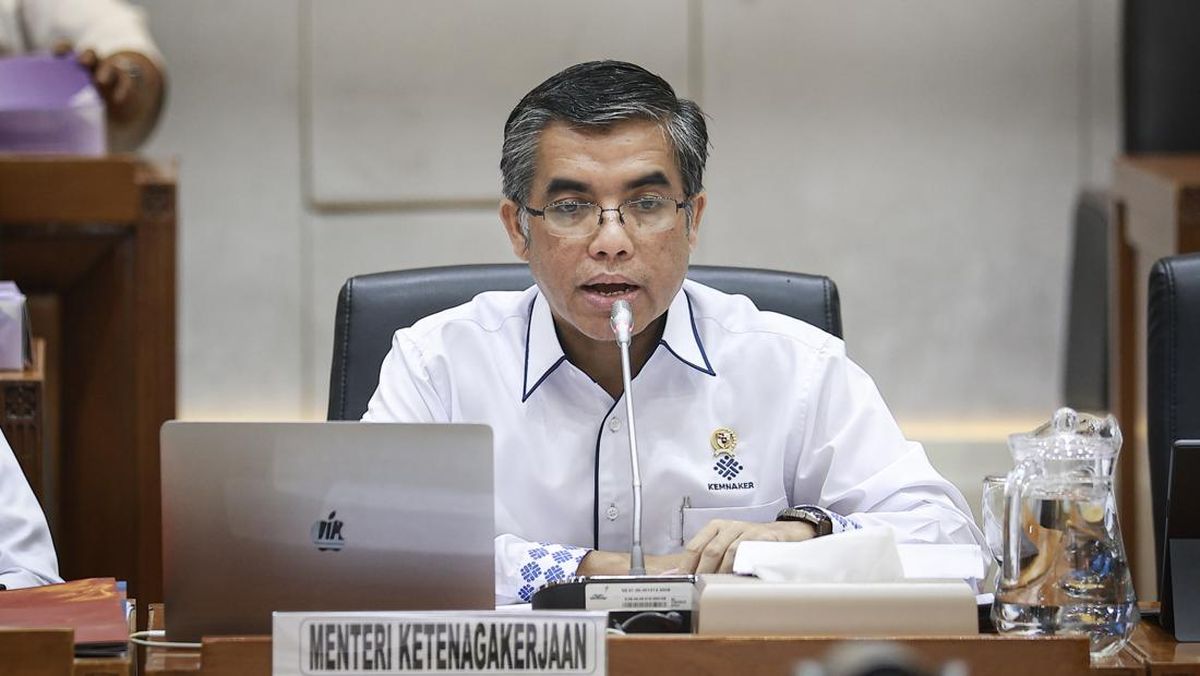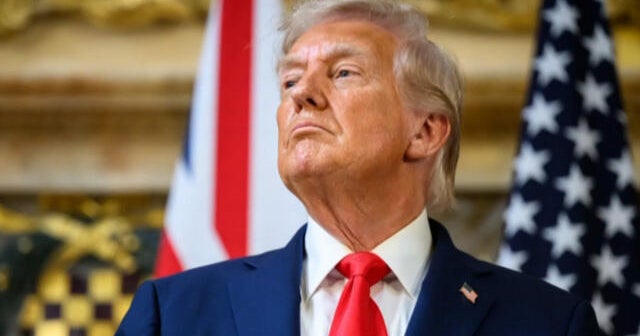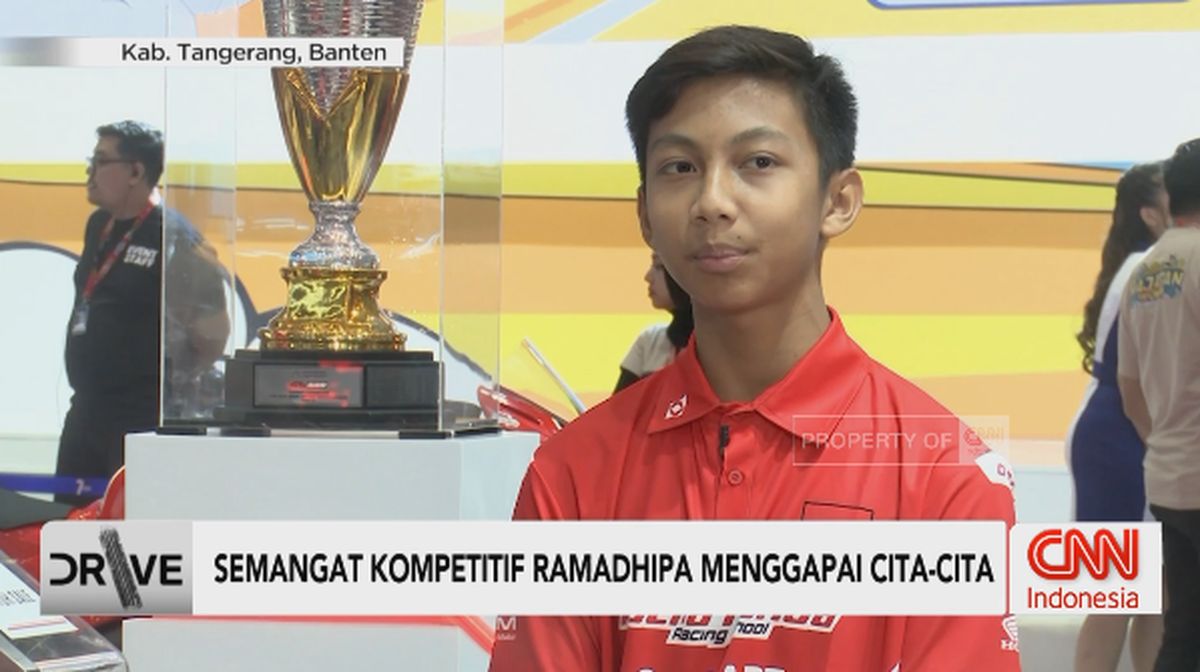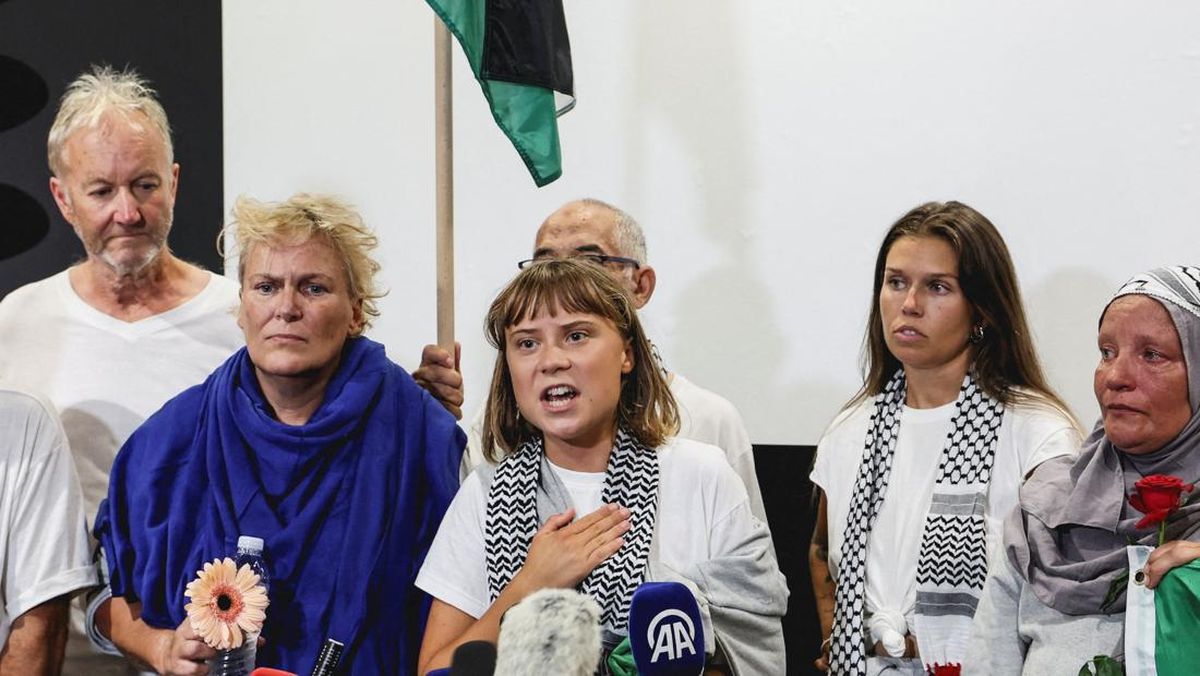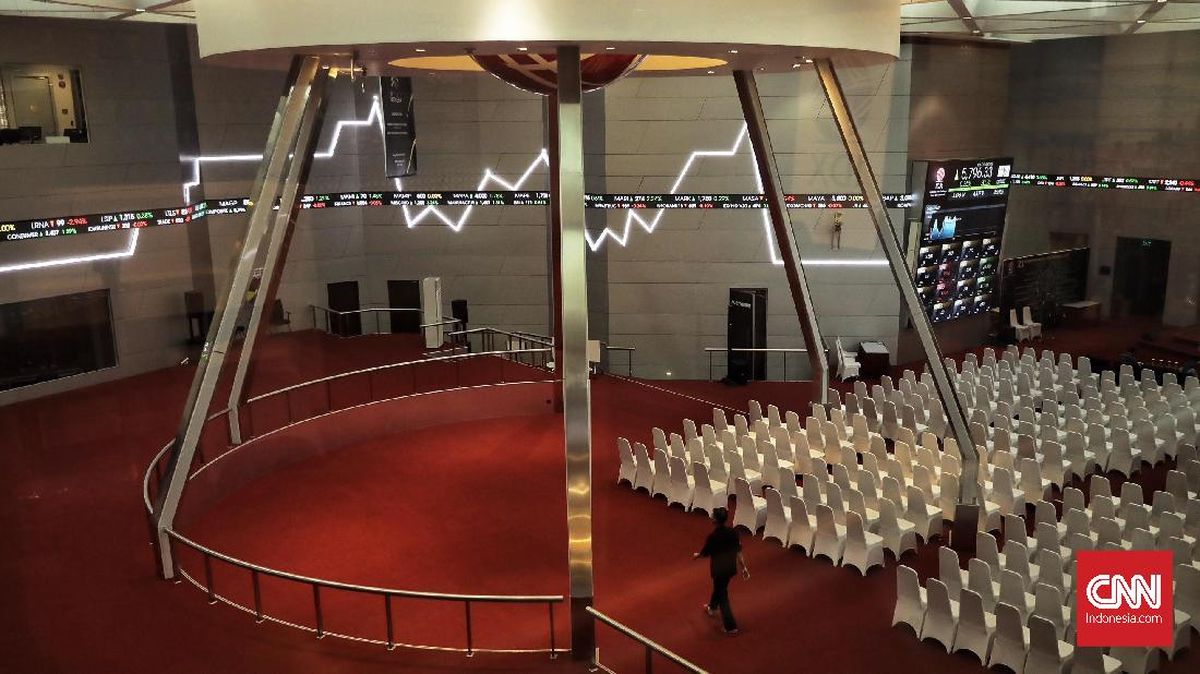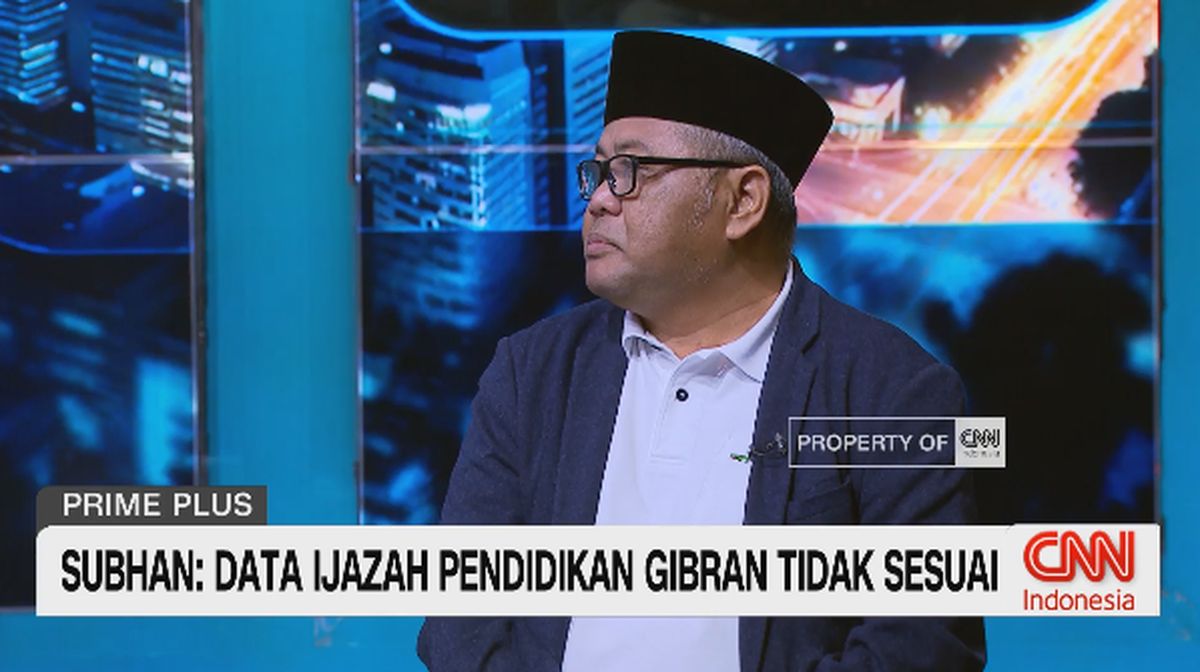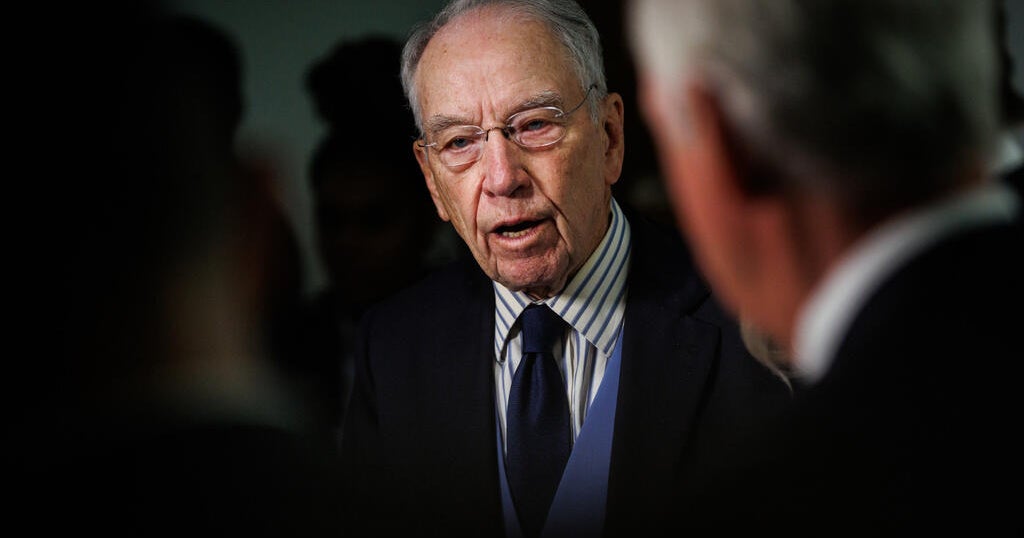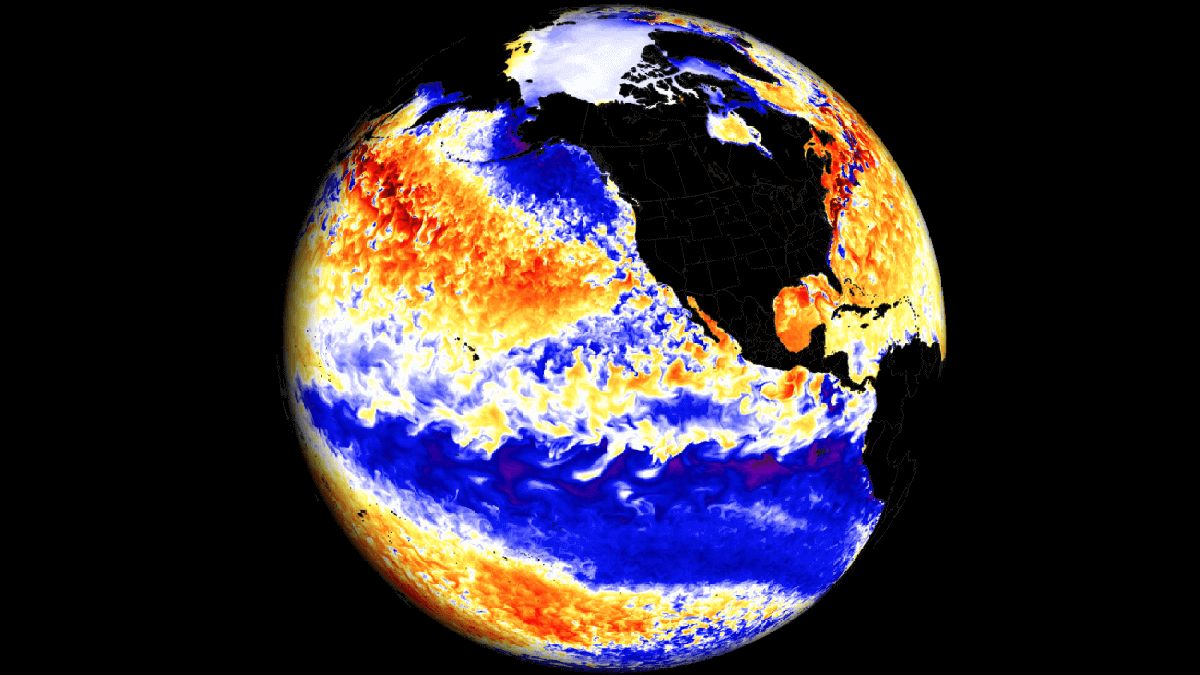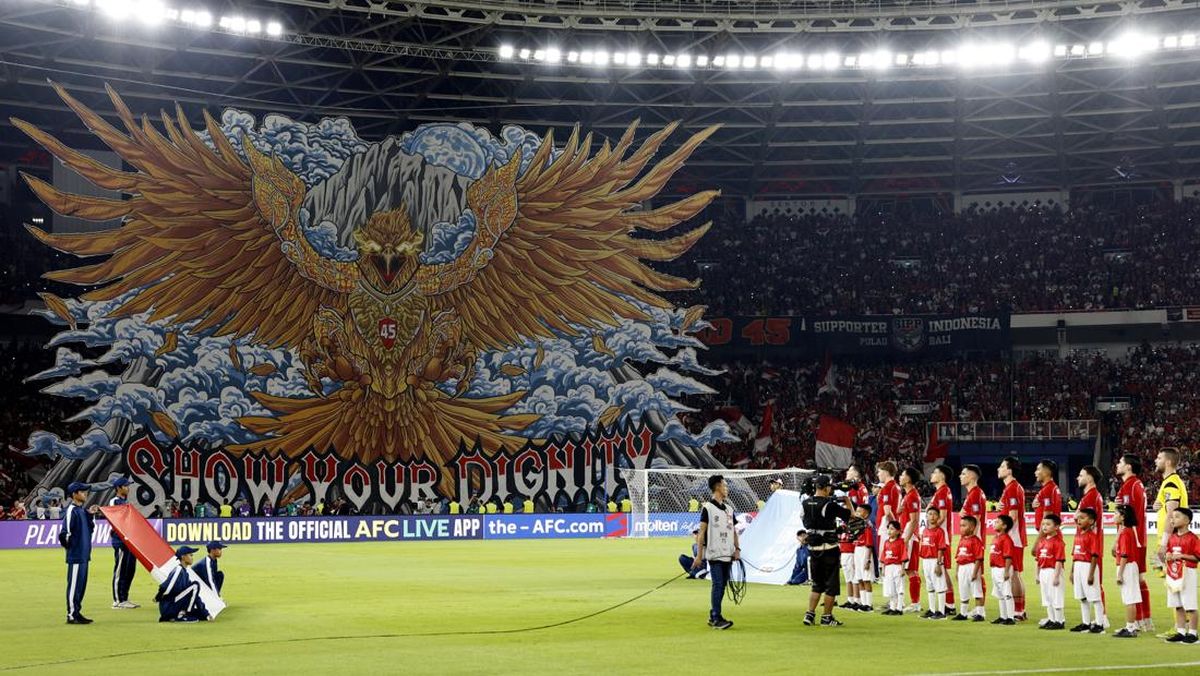By Monday (Tuesday AEST), police had formally opened a criminal investigation into comments made by members of Bob Vylan and Kneecap during their Glastonbury sets.
What are the police investigating?
Avon and Somerset Police said on Monday (Tuesday AEST), after reviewing footage from Glastonbury, that both Bob Vylan and Kneecap’s performances had been recorded as a “public order incident at this time”. The investigation, they noted, would “consider all appropriate legislation, including relating to hate crimes”.
“There is absolutely no place in society for hate,” an Avon and Somerset Police spokesperson said. The department also “politely” requested the global and local public “refrain from continuing to report this matter to us because an investigation is already taking place”.

The group Kneecap, two thirds pictured here at Glastonbury with Mo Chara on the left, are also subject to the investigation.Credit: Getty Images
According to Deadline, Bob Vylan has been dropped by talent agency UTA, with the duo seemingly scrubbed from UTA’s website. The pair were scheduled to tour the United States from October, though Deputy Secretary of State Christopher Landau said the State Department had revoked Bob Vylan’s United States visas due to their “hateful tirade” at the festival.
Loading
“Foreigners who glorify violence and hatred are not welcome visitors to our country,” Landau wrote on X (formerly Twitter) overnight.
Separately, Kneecap’s Mo Chara is facing charges under the British Terrorism Act for supporting a proscribed organisation after he allegedly waved a Hezbollah flag at a concert in November. He has denied allegations he is a supporter of Hezbollah or Hamas, saying he picked up the flag, without knowing what it represented, after it was thrown on stage.
Mo Chara is on unconditional bail, with a court hearing scheduled for August.
What does this mean for the BBC?
In the lead-up to the festival, the BBC had been focused on mitigating the potential fallout from livestreaming Kneecap’s performance due to Mo Chara’s charges, and the trio’s penchant for using their performances as platforms for activism.
On Saturday morning the broadcaster announced that it would not stream Kneecap’s set live, while noting it would “look to make an on-demand version of Kneecap’s performance available on our digital platforms, alongside more than 90 other sets”. For many viewers, this meant the only way they could watch Kneecap’s set live was through TikTok user @helensmashinglife’s stream on the video-sharing platform.
But those looking to watch Bob Vylan’s set an hour-and-a-half earlier had no issue accessing a BBC livestream, a decision the broadcaster now regrets.
“Millions of people tuned in to enjoy Glastonbury this weekend across the BBC’s output but one performance within our livestreams included comments that were deeply offensive,” a statement from the public service broadcaster, issued on Monday (Tuesday AEST), said.
“The BBC respects freedom of expression but stands firmly against incitement to violence. The antisemitic sentiments expressed by Bob Vylan were utterly unacceptable and have no place on our airwaves. The team were dealing with a live situation but with hindsight we should have pulled the stream during the performance. We regret this did not happen.”
Loading
British broadcasting watchdog Ofcom has said the BBC “clearly has questions to answer” after the Bob Vylan livestream, noting: “We have been speaking to the BBC over the weekend and we are obtaining further information as a matter of urgency, including what procedures were in place to ensure compliance with its own editorial guidelines.”
It’s understood that on the direction of BBC director general Tim Davie, footage of Bob Vylan’s performance would not feature in further Glastonbury coverage. There are now calls for Davie, who was at the festival on Saturday afternoon, to resign, with Israel’s deputy foreign minister Sharren Haskel telling London’s The Telegraph: “If no one will be fired over such an outrageous thing then I think that Tim Davie should take responsibility and resign.”
Kneecap’s performance is available on the BBC’s streaming service, iPlayer, with a strong language advisory, though Bob Vylan’s set does not appear to be available on the platform any more.
What are people saying about Bob Vylan’s set?
On Sunday (Monday AEST), Starmer criticised Bob Vylan’s performance and the BBC’s handling of the matter, saying: “There is no excuse for this kind of appalling hate speech. I said that Kneecap should not be given a platform and that goes for any other performers making threats or inciting violence.”
On the same day, Glastonbury Festival and its organiser Emily Eavis issued a joint statement on Instagram saying the event stands “against all forms of war and terrorism” and, with 4000 performances in the line-up, there would “inevitably be artists and speakers appearing on our stages whose views we do not share”.
“However, we are appalled by the statements made from the West Holts stage by Bob Vylan yesterday. Their chants very much crossed a line and we are urgently reminding everyone involved in the production of the Festival that there is no place at Glastonbury for antisemitism, hate speech or incitement to violence,” the statement concluded.
Loading
In an Instagram post shared with the caption “I said what I said”, Bobby Vylan stood by his actions, and said his phone had been “buzzing non-stop” with messages “of both support and hatred”.
“Teaching our children to speak up for the change they want and need is the only way that we make this world a better place,” he wrote.
“As we grow older and our fire starts to possibly dim under the suffocation of adult life and all its responsibilities, it is incredibly important that we encourage and inspire future generations to pick up the torch that was passed to us.”
In 2021, the duo successfully campaigned for the removal of South African rap group Die Antwoord from the lineup of the ALT + LDN music festival citing concerns over the group’s alleged “history of abuse towards young people, towards vulnerable people, towards gay people, and people of colour.”
Bob Vylan’s 2024 album Humble as the Sun received widespread critical acclaim and featured the song Dream Big, which was later remixed with vocals from Amy Taylor, the leader singer of Melbourne band Amyl and the Sniffers.
Who is Kneecap?
Northern Irish hip-hop trio Kneecap rose to worldwide prominence following the release of the 2024 fictionalised biopic – also titled Kneecap – which starred the band members as themselves. The film premiered at the Sundance Film Festival and was submitted as the Irish entry for the Academy Awards, but was not nominated.
Loading
The trio have released two albums with songs focussing on issues of Irish republicanism and culture, with strong anti-establishment currents. The performers rap in both English and Irish and have developed a cult following, recently becoming a mainstay of festivals.
Kneecap toured Australia in March, including a free performance in Melbourne, which saw a crowd of more than 10,000 pack Federation Square.
Glastonbury’s political past
What’s now known as Glastonbury Festival started as Pilton Pop Folk & Blues Festival, first held in 1970 on dairy farmer Michael Eavis’ family farm in southern England’s Pilton, Somerset.
Eavis, who was inspired by seeing a Led Zeppelin performance at 1969’s Bath Festival of Blues, then teamed up with Andrew Kerr for 1971’s Glastonbury Fayre, and the rest, as they say, is history.
Alongside events including Coachella and Rock in Rio, Glastonbury is considered one of the most important music festivals on the global cultural calendar. This year almost 4000 acts performed across 120 stages during the five-day festival.

Festivalgoers are pictured here watching Kneecap on Saturday.Credit: AP
The festival has remained relatively controversy-free over the years, however, in 1994 a shooter opened fire on a crowd at Glastonbury, injuring five individuals. There were no fatalities, but that year also saw an unrelated death from drug overdose, the first in the festival’s history.
In 2015, a petition was circulated attempting to stop American rapper Kanye West from headlining the festival, but the attempt was unsuccessful.
In 2005, the Scottish band Primal Scream came under controversy after lead singer Bobby Gillespie seemingly performed a Nazi salute on stage during the closing number of his set. He also altered a Make Poverty History poster to say “Make Israel History”. Gillespie said changing the poster was done to advocate for Palestinian rights, and told NME in 2006 that his history of advocacy would show “what my politics are. I’m no f---in’ Nazi.”
The Morning Edition newsletter is our guide to the day’s most important and interesting stories, analysis and insights. Sign up here.

